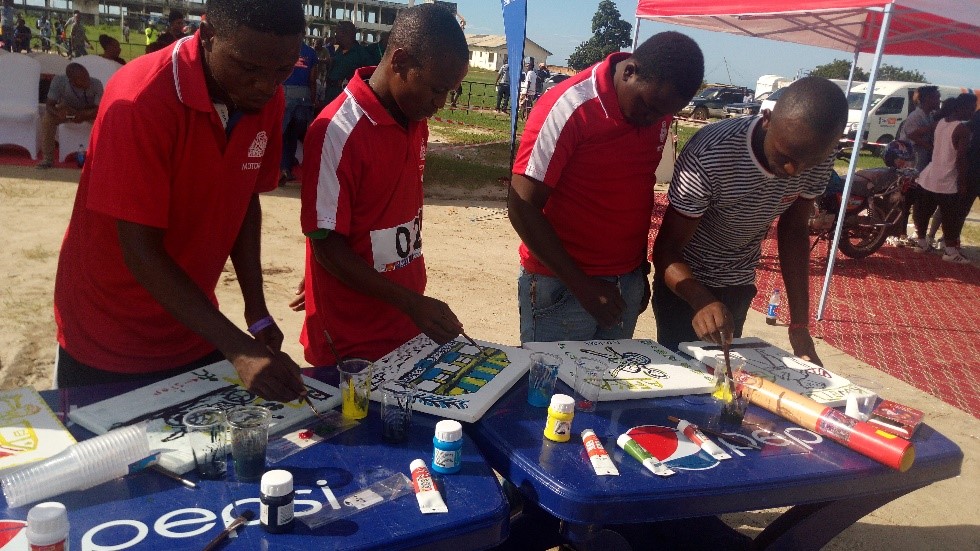
Tanzania, the largest nation in the East African Community, is an incredibly diverse country. It is home to approximately 125 different ethnic groups, large Christian and Muslim communities and more than 100 spoken languages. Tanzania is also an incredibly youthful country, with majority of the population younger than 30 years. Engaging this diversity of interests, particularly youth, to collectively and peacefully participate in the country’s political processes is critical to a functional and harmonious democracy.
In May 2016, the International Republican Institute organized an event, the Dar es Salaam Unity Festival, which attracted more than 5,000 Tanzanian youth, to share peace messages as a way of unifying over cultural, religious or political differences. The event included a wide range of activities including peace messages from religious and political leaders, a soccer match between Tanzania Police and the Boda boda riders (commercial motorcycle taxi), motorcycle races, art painting competition, live music performances and lots of dancing.
Boda boda cyclists are predominantly youth who were unemployed and many of them are also underemployed. In fact, many of these youth do not own the motorcycles used in this business but are employed and in many cases, there might be 2-3 people using one motorcycle. In Tanzania, they are accused of being the primary perpetrators of crime, violence and conflict as many incidents of violent crime have been committed by individuals who arrive and depart the scene of crime on motorcycles. This has negatively affected their relationship with police, community, other youth resulting in exclusion, marginalization and total disregard of their plight. The Dar es Salaam Unity festival was therefore aimed at providing a platform to work at changing this narrative by showcasing their talent, skills and contributions to community well-being. On the other hand, the acrimony between Boda bodas and communities is a result of the many road accidents caused by Boda bodas. The festival also focused on increasing understanding of road safety rules to minimize these accidents and improve relations within the communities they operate. There were activities to address the issue of unemployment and exclusion. Winners of the various races were awarded with both cash and other prizes including a motorcycle and television decoders that they will use to start their own businesses.
While connecting people in person at the festival venue in Dar es Salaam, a dialogue on social media was going on using the hashtags #unityfestival, #sotenindugu (we are all brothers/sisters) and #baloziwaamani (ambassadors of peace) and allowed youth within Dar es Salaam and outside to contribute to the conversation.
Why was the Unity Festival important for Tanzania Youth? Check out these six reasons.
- Unity: Tanzania is a country formed out of a union of two geographical and political entities (Tanganyika and Zanzibar) and this union is celebrated every year on April 26. Hence, the festival provided a refreshing reminder of the importance of strengthening the sense of unity among Tanzanians. This podcast provides more information about Tanzania’s history. The festival, organized 3 weeks after the country commemorated the unity day in Dodoma, also celebrated the country’s strength in diversity through dance, sports, art and peace messaging throughout the day. As the adage goes, “Umoja ni nguvu (Meaning unity is strength).”
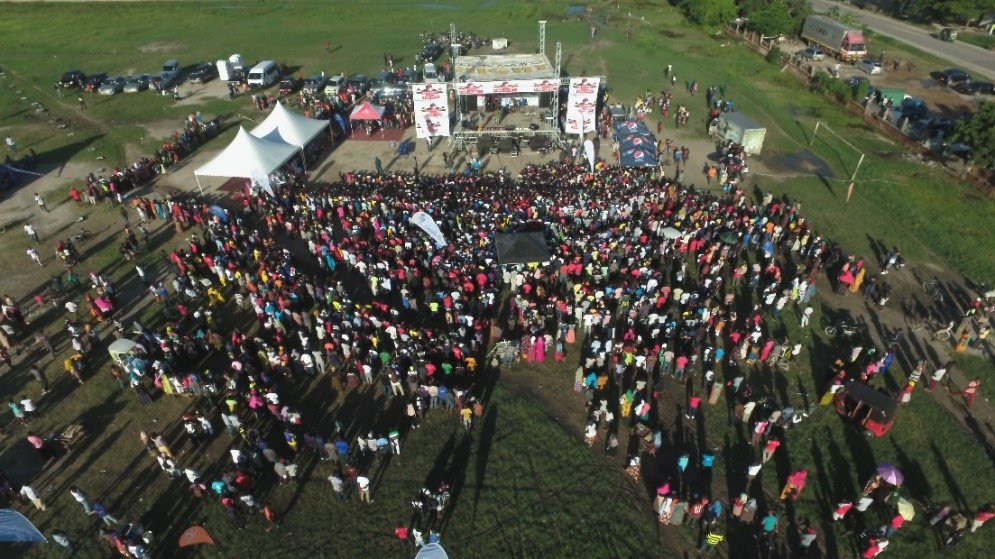
- Peace: The event provided an opportunity for youth to communicate through painting what peace means to them. This competition enabled them to reflect and express themselves on this very important subject and indeed the winning painting depicted the following message “We are only able to ride our motorbikes when there is peace.”
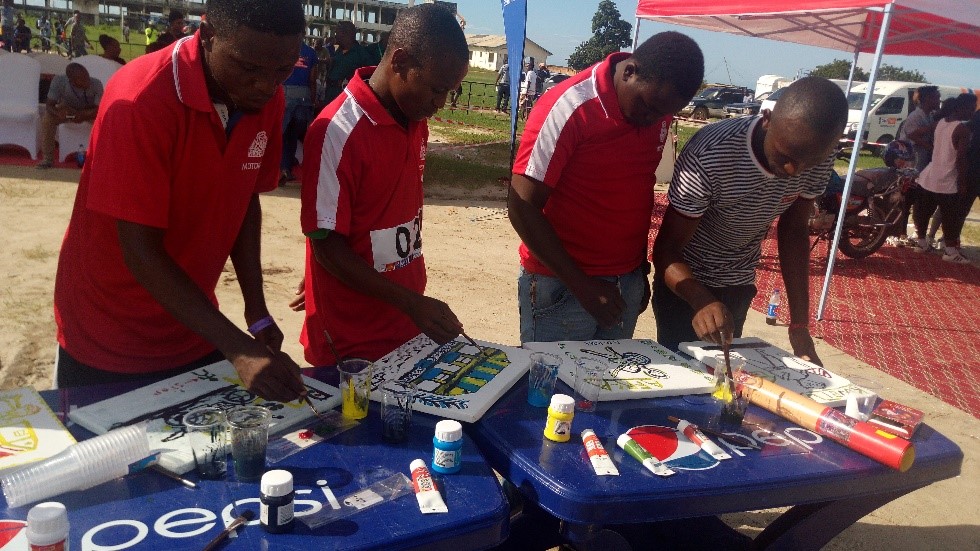
- Tolerance: Dar es Salaam and indeed Tanzania is a cosmopolitan place; home to indigenous and people who migrated from within and outside Tanzania. At the end of 2015, general election results showed that there was as much support for the ruling party as there was for the opposition. To date, Tanzania has 19 registered political parties that are active in the political arena. The festival provided a friendly platform through which participants, cutting across generation, race, gender, religion could come together to celebrate this strength of their diversity. The messaging by political and religious leaders reinforced the importance of tolerance as an ingredient of peaceful co-existence.
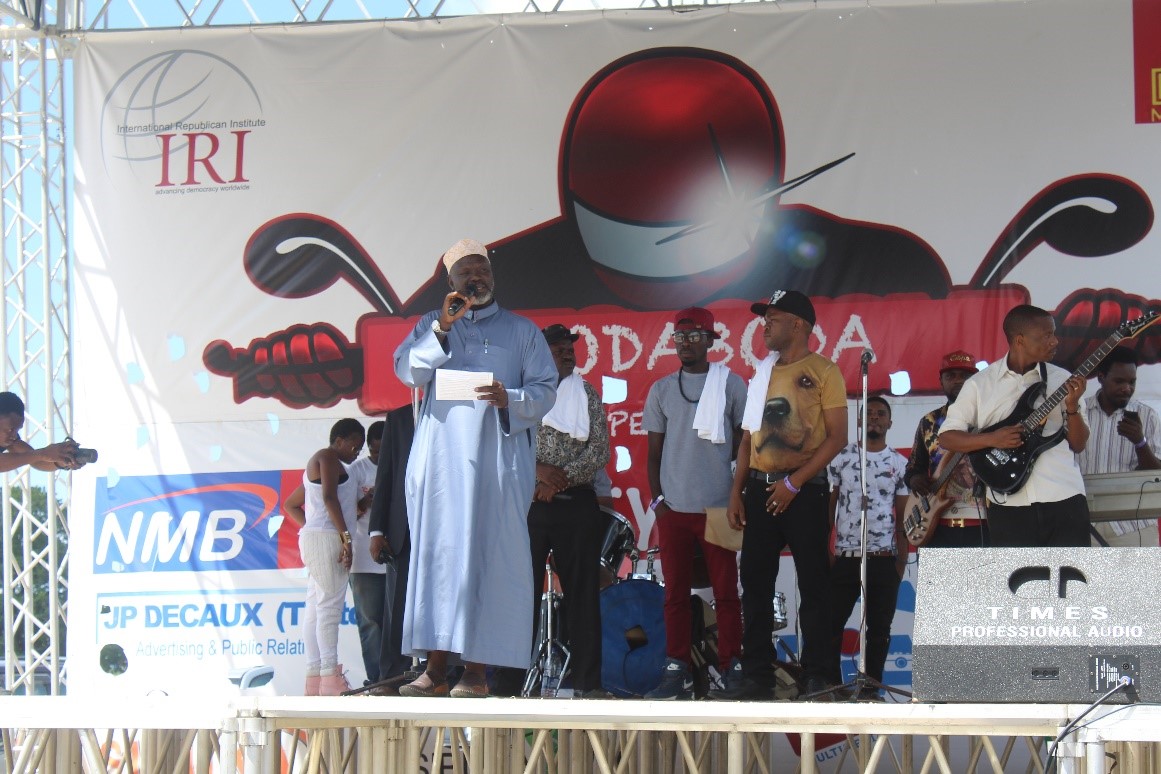
- Social Cohesion: The soccer match between Tanzania Police and the Boda boda riders, the two groups that are often at loggerhead, provided an opportunity for them to engage in a peaceful activity and illustrate that there are things that they love and can do together. At the end of the match the two teams were shaking hands and happy and despite one team losing to the other, they requested IRI to organize more of such activities. The harmonious interaction will provide an entry point for further engagement on how they can co-exist.
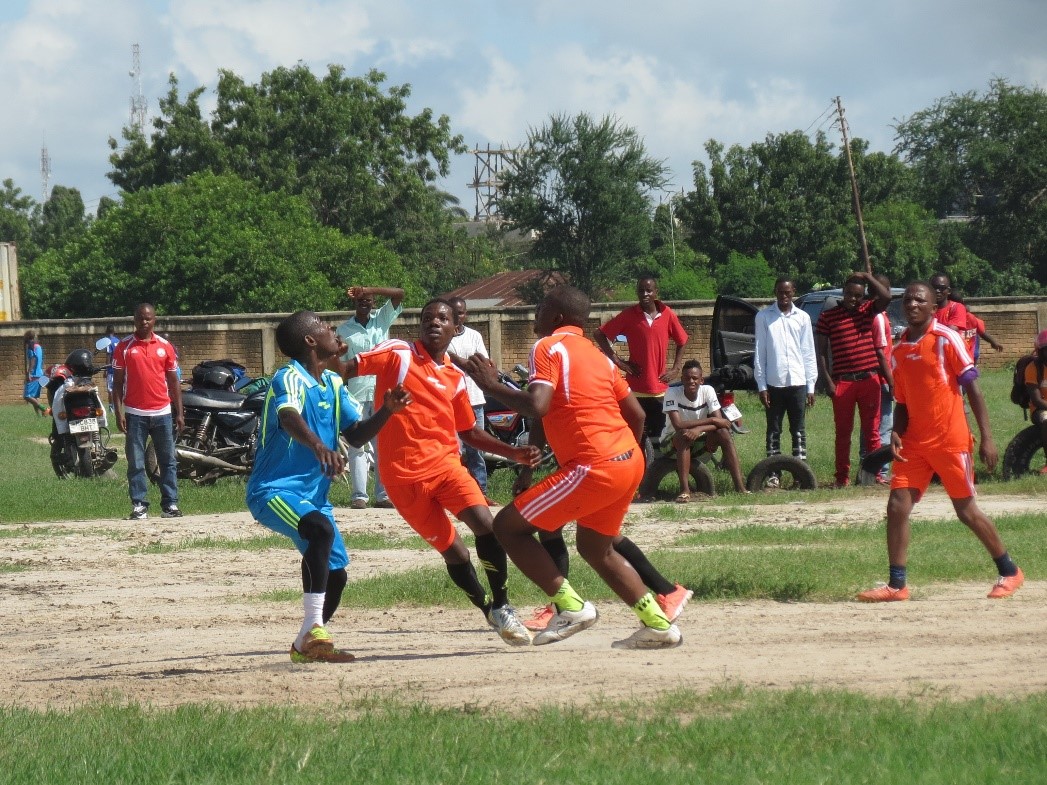
- Youth empowerment: Youth around the world struggle to have their voice heard. The unity festival provided a platform for Tanzanian youth, in particular, those that are often inadvertently ignored and not asked to contribute to the political, economic and other important discussions. By highlighting the talents among youth, the event served as a step toward changing public perceptions on the role of youth in society and how they can contribute to the developments in the country.
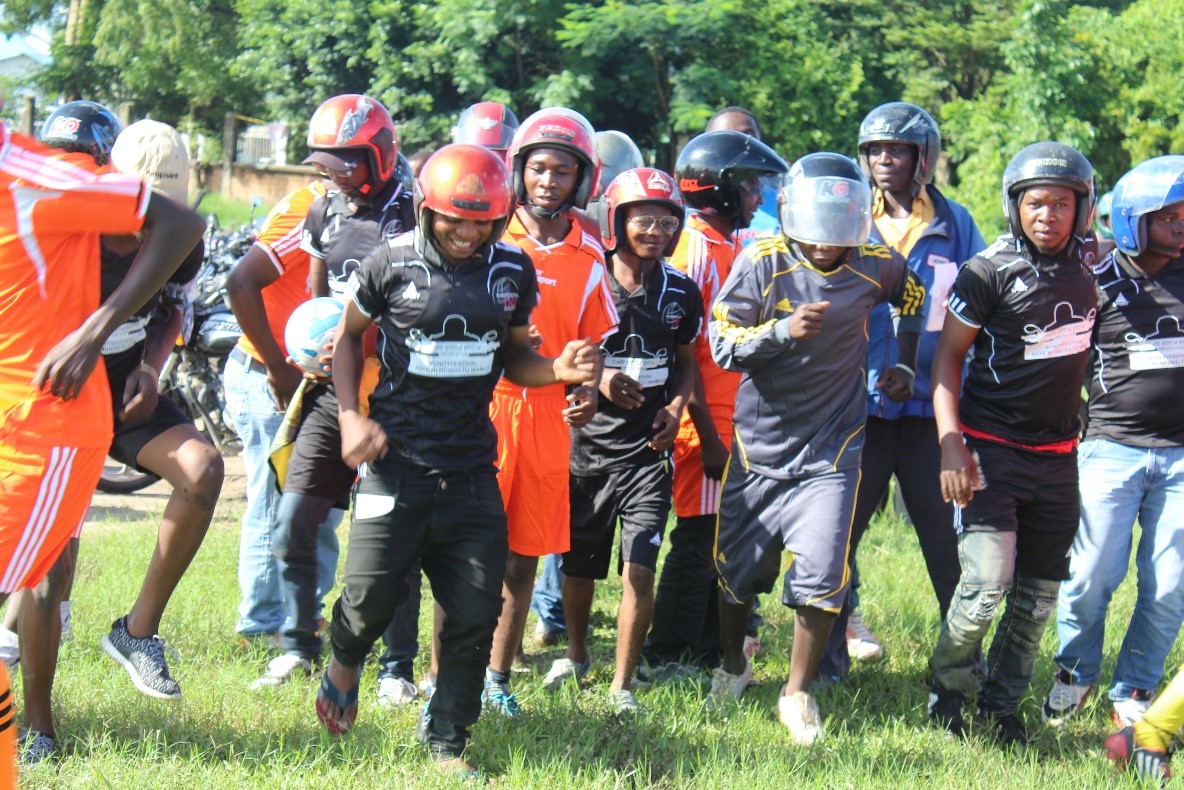
- Youth Dialogue: The festival enabled a large group of youth and other Tanzanians to dialogue on a number of issues particularly on the importance of peace, unity, social cohesion and tolerance. Through social media, radio, art and culture, the festival spoke their language and amplified their discussions.
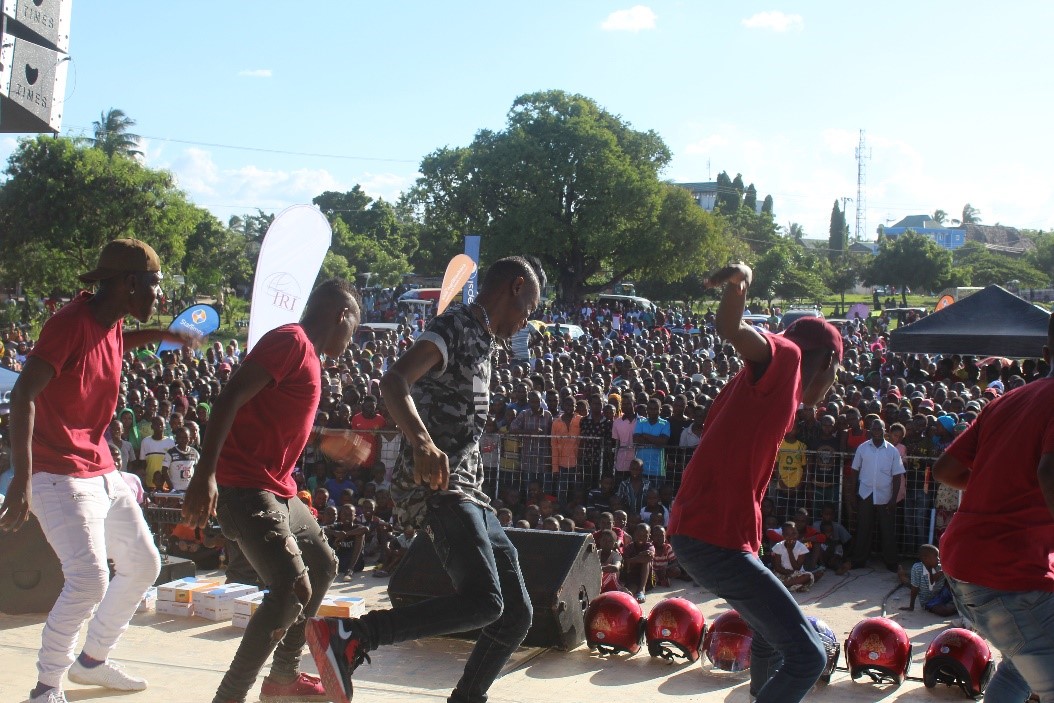
For more details about the activity, follow @IRI_Africa.
Top